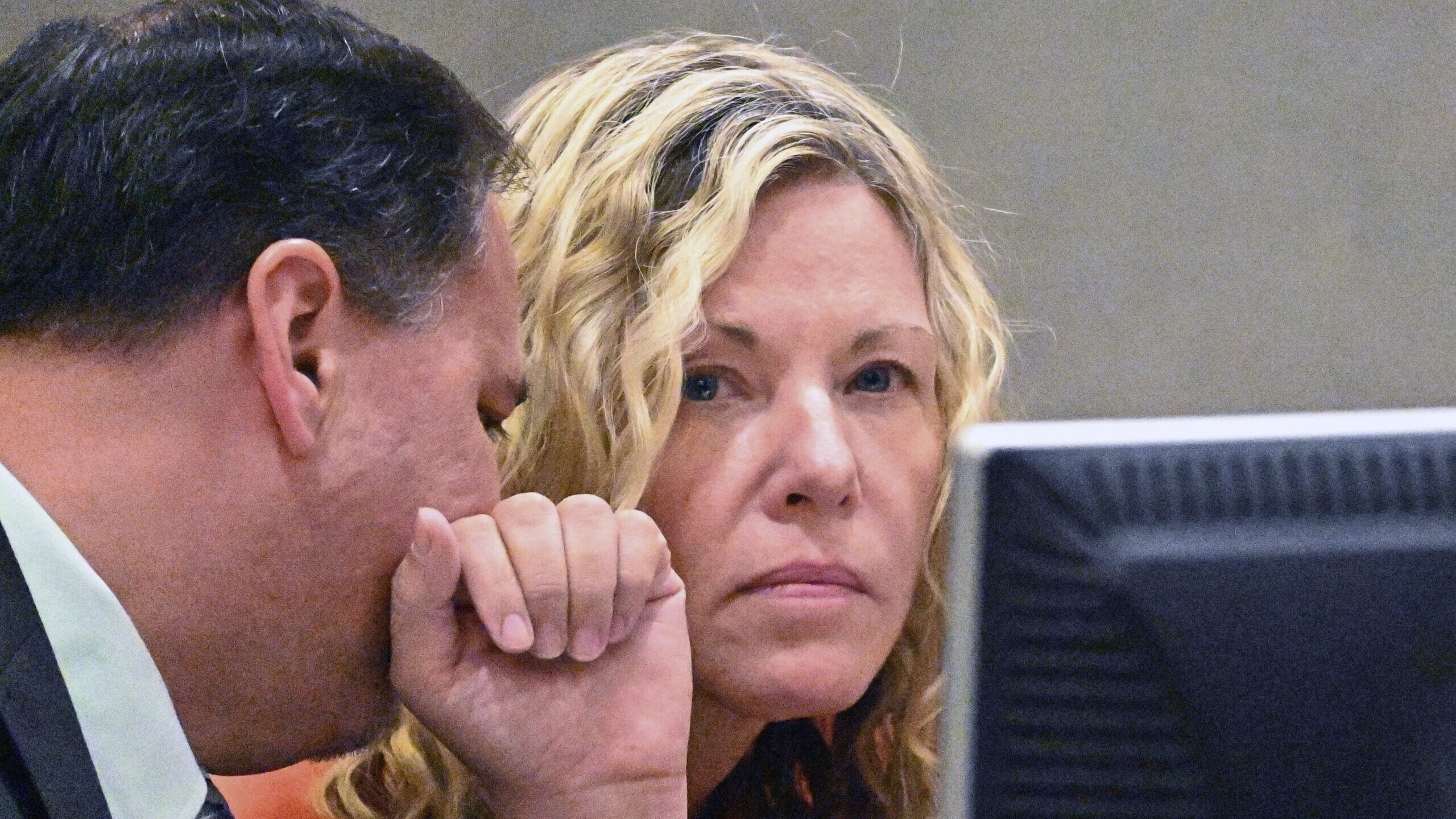SHOWS + PODCASTS
Vietnam vet shares the struggles of fighting an unpopular war
Apr 26, 2019, 1:51 PM | Updated: Apr 29, 2019, 10:12 am

Soldiers in the Vietnam War during Operation Hue City. (Photo: Wikimedia Commons)
(Photo: Wikimedia Commons)
When Vietnam veteran Stan Taylor was interviewed by Jason Comstock for We Happy Few, a podcast focusing on Utahns’ experiences at war, Taylor told him that he didn’t think he fit the show’s bill.
“I don’t feel like a veteran,” Taylor said.
He’d served two years as a sergeant in the US Infantry. He won a purple heart, an air medal, and two bronze stars — but he was drafted. He never signed up to serve, and because of that, throughout all of his 71 years of life, he’s never been able to accept himself as a part of America’s military tradition.
“I just couldn’t see any way we were honoring that heritage,” Taylor says. “I couldn’t do anything but go when I was called.”
Few of us would accept what he says; whether he volunteered or he was called to serve, Taylor fought for his country. But his story and the conflicted feelings he has about it shed an incredible light on the unique struggles of the veterans of Vietnam.
The veterans of an unpopular war

A soldier poses next to the American Flag atop Hamburger Hill in Vietnam after a 10-day battle with the Vietcong. (Photo: Wikimedia Commons)
Taylor was 21-years-old when he was drafted into the army. It was 1969 – the year of Woodstock, of protests, and of young men burning their draft cards – and Taylor didn’t want to serve. Some men, he knew, had lied to get out of the draft, but he was unwilling to go that far. He didn’t see any way out of it. That alone was why he served.
He wasn’t even sure if he could do. For his first 13 months in the army, he says, one question pulsed through his mind: “Can I really pull a trigger on another human being?”
13 months after being drafted, he found himself in the middle of his firefight, and Taylor got his answer.
“It didn’t take more than five seconds in that first firefight to know that, yes, you can,” he told Comstock. “It becomes a matter of instinct. You do what you’re trained to do. Then you shake and worry about it later.”
His military record suggests that he worked up to pull that trigger more than once, but Taylor didn’t dwell much on firefights and battles. Whatever happened to him in Vietnam, when he came home, it was a weight he had to carry silently, on his own.
“The thing about Vietnam,” Taylor says, “is you got drafted and you either got out it somehow … or you went in. Then, when you got back, you didn’t want to tell anybody where you’d been.”
The war was deeply unpopular. While he’d been on the other side of the ocean fighting the Vietcong, his first wife had been in America, protesting the very war he was fighting. He couldn’t talk to her about it, and he couldn’t talk to anybody else. And so he just kept everything to himself.
“About a half hour after I got home,” he says, “I put my uniform and everything under a suitcase, and there it sat. It didn’t come back out.”
He’d lost friends. He’d taken men’s lives, he’d seen brothers-in-arms die, and all he had to show for it was a sense of futility and purposelessness. When he came home – and especially after reading the Pentagon Papers – he found himself looking back on his service and asking himself: “Why did I waste two years of my life doing that?”
“I’ve never really recovered from that”

An exhausted soldier takes a break inside an M113 Armored Personnel Carrier. (Photo: Wikimedia Commons)
Not being able to talk about what had happened to him made it incredibly difficult for Taylor to work through some of the traumatizing moments he’d live through, like the death of his best friend, Melvin Barnett.
Barnett was what Taylor would consider a true soldier. Where Taylor had only served against his only will, he was a man who’d volunteer for any task they gave him; a soldier everyone counted on.
Taylor says that Barnett took him under his wing. The two served side-by-side, with Taylor acting as his backup, and becoming closer than any friend he’d ever had. But when Comstock was sent home, Barnett still had six weeks to serve, and he still hadn’t lost that fool-hearted bravery that made him sign up for any challenge the military threw his way.
He wrote Barnett letters once he was home, trying to keep in touch with his friend and to make sure that he was okay. After a while, though, the replies stopped. Terrified, Taylor sent one last letter to Barnett’s parents’ house, writing: “What’s going on? How come I haven’t heard from you yet?”
Barnett, he learned, had died in the line of duty. He’d volunteered to be a point man, putting himself in the most dangerous position in his unit, and stumbled onto a trap. His leg was wounded badly enough that it had to be amputated, and in the ensuing chaos, a blood clot went into his lung and killed him.
“I’ve never really recovered from that,” Taylor admits. “I could never think of a reason why that happened to anybody, let alone your best friend.”
He struggled with those thoughts, but with so many of the people he knew so vehemently against the war, he didn’t think there was anybody he could talk to about that friend he’d lost. All he could do was keep a stiff upper lip and carry on.
“I’ve never really processed that,” he says. “Probably clear to today, I’ve never really processed my feelings about that.”
A real veteran

Retired Master Sgt. Pete Piazza, a Vietnam veteran, center, and retired Brig. Gen. Ben Robinson, accept the American flag from a member of the Tinker Honor Guard. (Air Force photo by Kelly White/Released)
Taylor didn’t join Veterans Affairs when the war ended. Nor did he sign up for veteran’s benefits. He just kept that uniform hidden that box under that suitcase and tried to tuck that part of his life away.
“There are veterans who went through a lot more than I did,” he says. “I’m going to leave all of those veteran’s benefits to the guys who really need it.”
It wasn’t until his son had grown up and become a soldier himself that he finally signed up, succumbing to the pressure of his son who insisted that his experience made him a real soldier, whether he’d enlisted or not.
Finally, in his autumn years, Taylor joined his first Veterans’ Group. Decades after the war had ended, he finally got the chance to sit down and talk to people who had gone through the things he’d endured.
One conversation with a heartbroken soldier, freshly home from the war in Afghanistan, helped him finally put his own experiences in the war into perspective. Like Taylor, he had lost his closest friends in combat, and he told him that didn’t know how to go on.
“He didn’t know what he was going to do with his life, because he was there and they weren’t.”
After listening to his story, though, Taylor managed to muster a piece of advice that, after he’d spoken it aloud, he realized was the answer to the problems he’d struggled with as a young man coming home from the war:
“You can dedicate yourself to having a life that’s good for you,” he told him. “It makes up for some of the life that your buddies lost.”
He’d done that himself by dedicating his life to his work as a school teacher and trying to be as honest and as giving as he could. He’d never been able to bring Barnett back, but he’d been able to make the most out of the life he still had.
For half a lifetime, he’d struggled with that problem in silence. But finally, for the first time, he was able to talk about it head-on.
“Even though I still don’t really feel like a veteran or whatever, I participate now,” Taylor says. “I’m really glad I do that because the people I associated with, in the veterans’ groups, are really the salt of the earth.”











